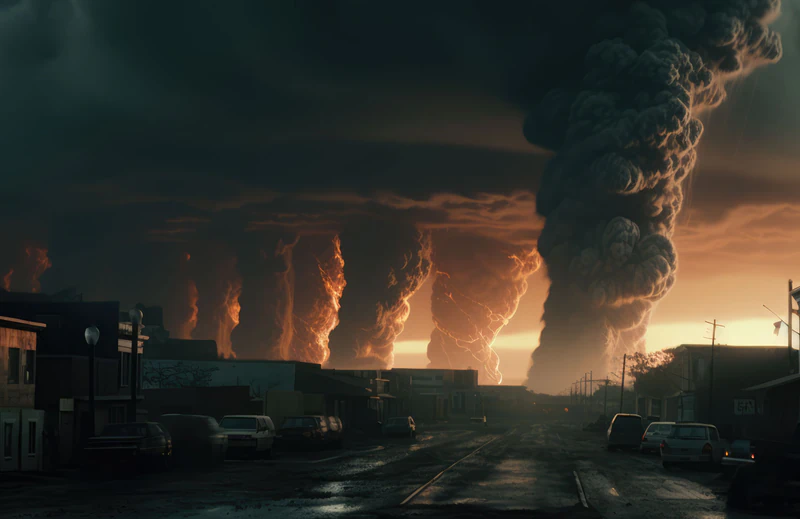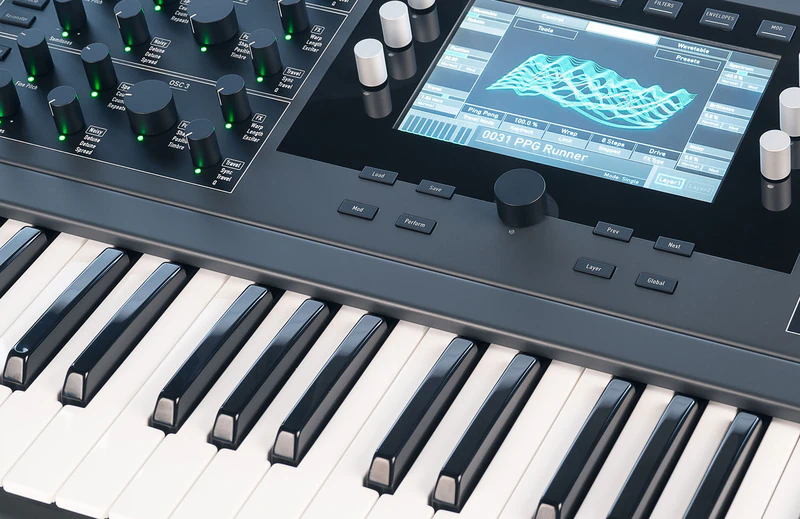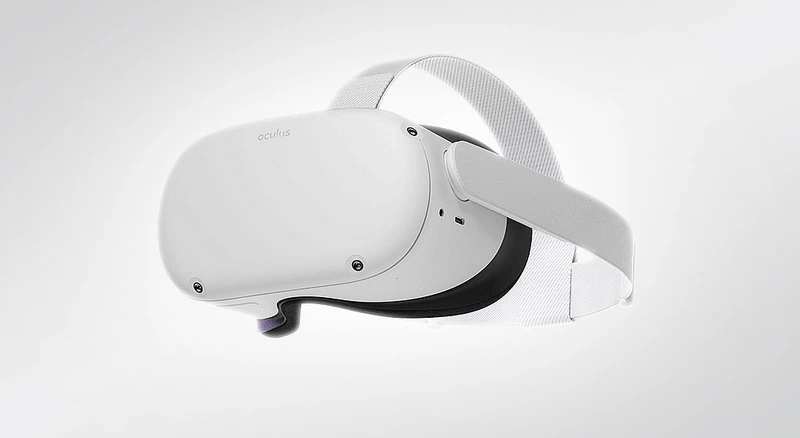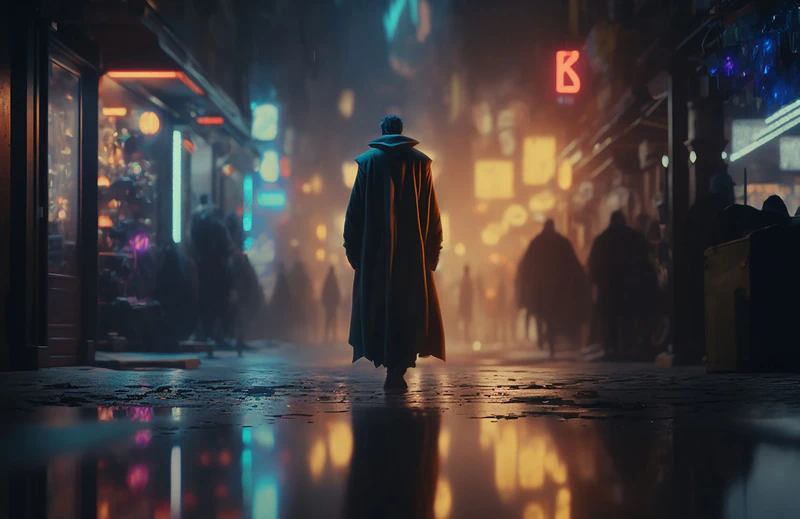Sound effects are the artificial sounds meticulously crafted and added to movies, TV shows, and video games, to mention just a few popular examples. They help to enrich the overall audio experience of these media.
These sounds can either be naturally occurring or synthetic, serving to emphasize specific actions, events, or elements within the visual content. From the faint creak of a door to the thunderous roar of a spaceship, sound effects play a vital role in immersing the audience in the captivating realms of cinema and gaming.

Importance and impact of sound effects in movies and video games
Sound effects hold tremendous importance in both movies and video games. According to the Interactive Audio Special Interest Group ( IASIG ) :
"Sound effects play a vital role in both movies and video games, enriching the overall experience for the audience or players. In movies, sound effects help create an immersive environment by setting the mood, enhancing realism, and heightening emotional impact. Similarly, in video games, sound effects are essential for gameplay immersion, providing auditory cues that guide players, alert them to important events, and enhance the sense of presence in the virtual world"
Movie sounds are essential in setting the mood, building tension, creating suspense, and enhancing the realism of the scenes. Good sound effects evoke emotions, intensify action sequences, and offer a tangible presence to the audience.
Sound effects are also primordial for gameplay immersion. Video game SFX provide players with auditory feedback, alerting them to in-game events, actions, and potential dangers. Sound effects in games also contribute to establishing the overall atmosphere, helping to solidify the game's setting and intensify the player's engagement with the virtual world.
Sound effects in movies

In the movie world, sound effects serve many purposes. They can replicate natural sounds, such as footsteps, thunder, or animal noises, in order to make the scenes more authentic and believable. Furthermore, movie sound effects can be employed creatively to enhance the impact of visual elements. For instance, in adrenaline-pumping sequences, the sound of explosions, gunshots, or car crashes serves to heighten the excitement and captivate the audience.
Typically, cinematic sound effects are created during the post-production stage. Foley artists use an array of props and techniques to reproduce specific sounds, such as walking on different surfaces, opening doors, or breaking objects.
These sounds are recorded separately and meticulously synchronized with the visuals during the editing process. Additionally, libraries of pre-recorded sound effects are often used for greater efficiency and provide a wide range of options.
Sound effects in video games

Within the realm of video games, sound effects fulfill multiple purposes, ranging from providing crucial feedback to enhancing the immersion of the game world. Video game sound effects contribute to the overall gameplay experience by conveying vital information to players, such as indicating the presence of enemies, signaling the completion of objectives, or providing auditory cues for puzzles.
Unlike movies, video game sounds are often interactive and dynamic. They respond to the player's actions and can dynamically change based on in-game events or environments. For example, footsteps may sound different depending on the surface the character is walking on, or the sound of a sword swing may vary based on the strength of the attack.
Creating sound effects

Sound effects can be created through a variety of techniques and tools. Foley artists employ everyday objects and materials to replicate sounds with astonishing realism. They may use coconut shells to mimic horse hoofbeats or break celery to imitate bone-cracking sounds. These actions are recorded using specialized microphones and blended with other audio elements to achieve the desired effect.
In addition to practical methods, sound designers and composers often rely on digital manipulation and synthesis to create unique and otherworldly sound effects. Software programs and synthesizers allow them to modify existing sounds or generate entirely new ones from scratch. This digital approach provides unprecedented flexibility and enables the creation of sounds that are impossible or impractical to reproduce in the real world.
The future of sound effects

Trends and advancements
The field of sound effects continues to evolve hand in hand with advancements in technology. Spatial audio technologies, such as Dolby Atmos and DTS:X, are gaining increasing prevalence in movies and video games. These technologies create an immersive audio experience by simulating three-dimensional soundscapes, thereby enhancing the depth and realism of sound effects.
Virtual reality ( VR ) and augmented reality ( AR ) platforms are also exerting a significant influence on the future of sound effects. These emerging technologies offer more immersive and interactive experiences, where sound plays a crucial role in creating a profound sense of presence.
With the integration of spatial audio and real-time adaptive effects, users can be fully immersed in virtual worlds, experiencing sound from all directions and responding dynamically to their actions.
SFX are essential to both movies and games

Sound effects constitute an integral part of the audiovisual experience in movies and video games. They enhance realism, create atmosphere, and evoke emotions. From the subtle nuances of everyday life to the grandiose spectacles of fictional worlds, sound effects contribute to the immersive storytelling and gameplay.
With the constant advancement of technology, the future of sound effects holds endless possibilities for even more captivating and realistic auditory experiences in the realm of entertainment.




